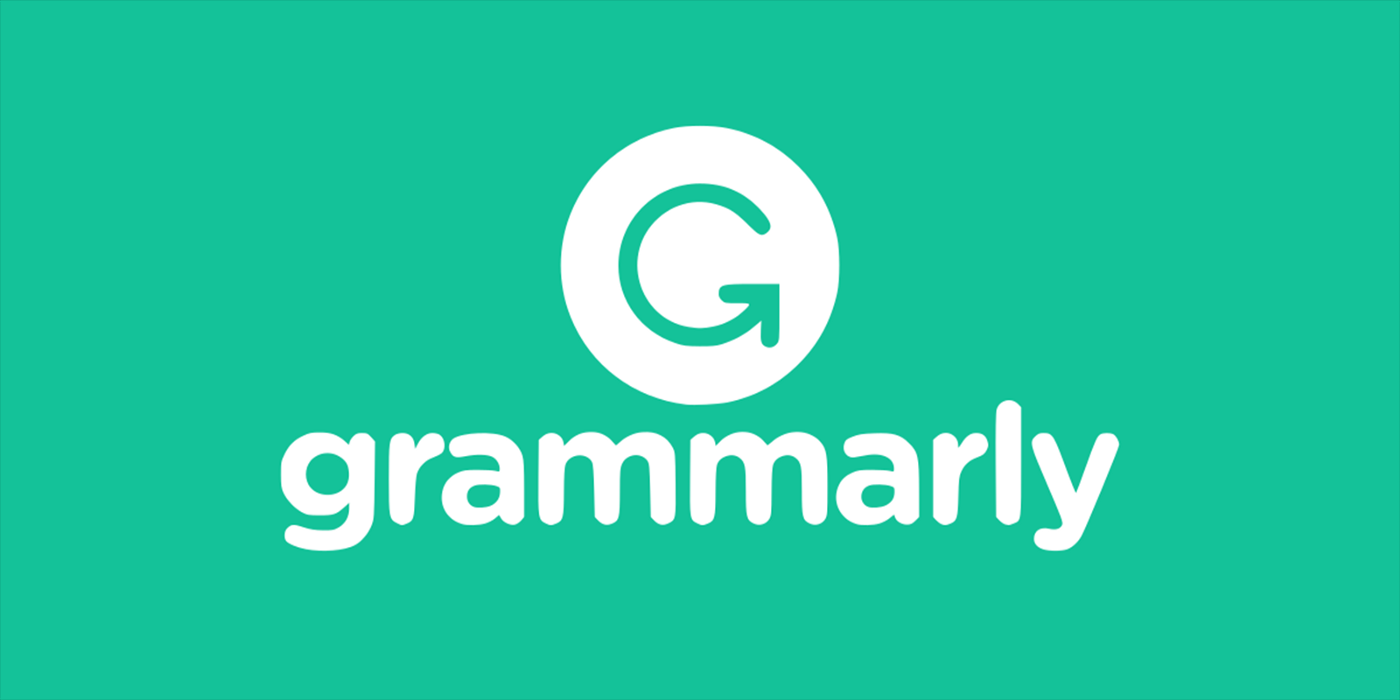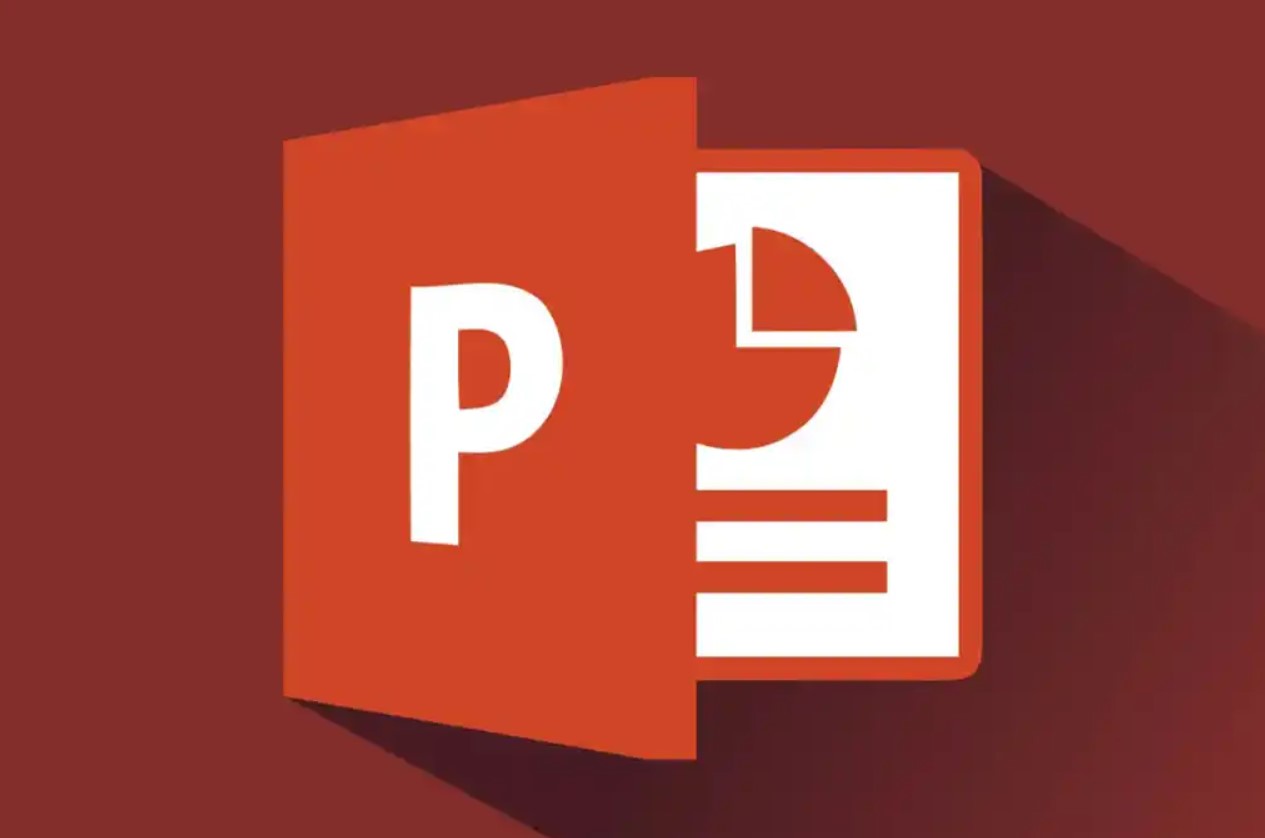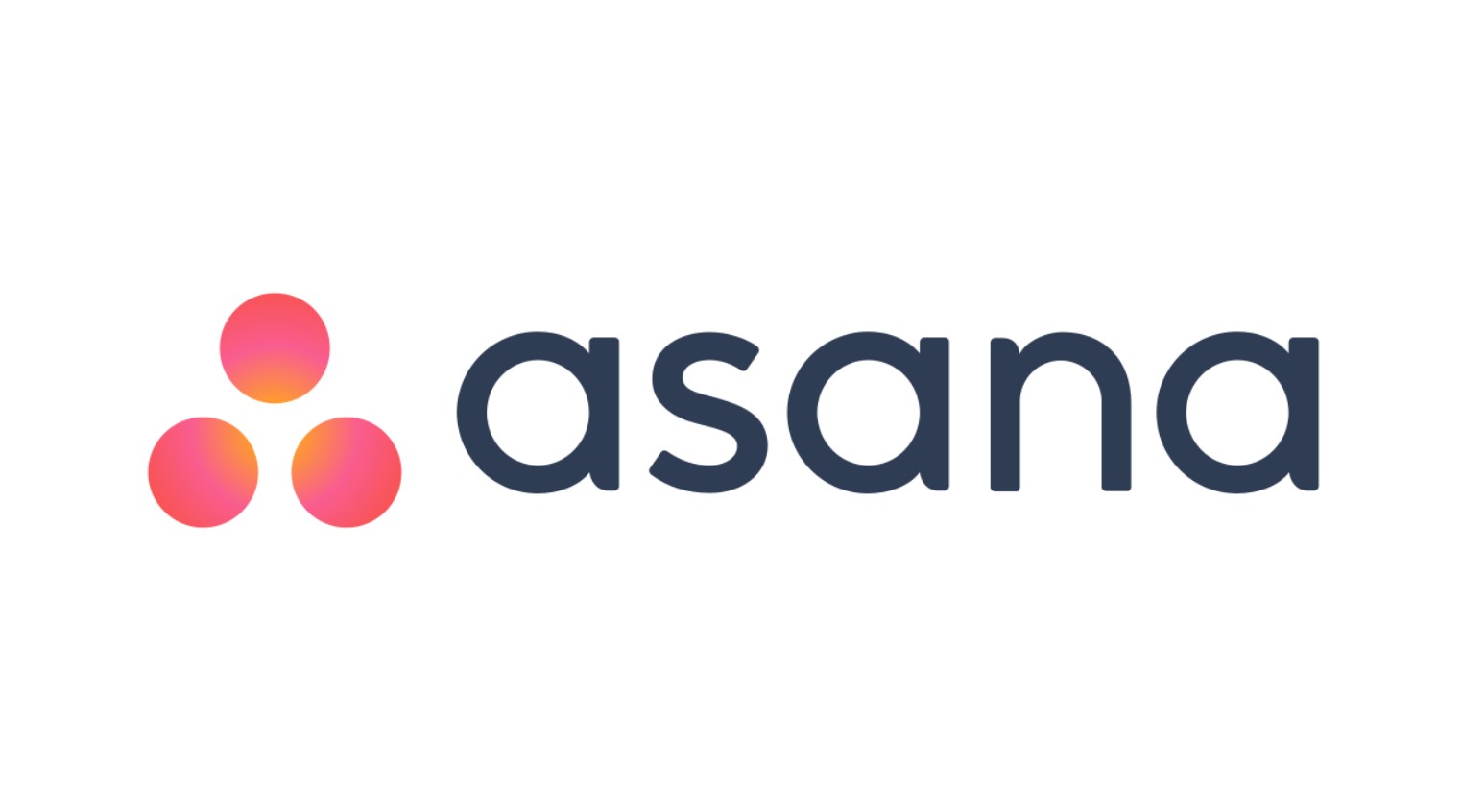Using any or all of these apps increases your chances of meeting assignment deadlines, efficiently managing your class schedule, submitting error-free research papers, and, most importantly, balancing academic life with personal life.
By Michael Akuchie
Gone are the days when learning was restricted to textbooks and whiteboards. Now, university students across Africa can improve their understanding of a topic or concept by using online learning apps such as Udemy and Google Classroom. Additionally, developers have steadily released apps that can help university students in various aspects of their academic journey. For instance, there are apps designed to help build time management skills, eliminate spelling errors in research papers, and much more.
Using one or more of these tools can significantly improve your ability to meet assignment deadlines, manage your class schedule efficiently, submit error-free research papers, and, most importantly, strike a balance between academic and personal life.
Below are 10 apps every university student in Africa should check out.
Grammarly
Whether you’re studying to become a microbiologist or a literature professor, being able to write clear and error-free sentences is a requirement for academic excellence. For many years, Grammarly has been a valuable tool for checking essays for spelling errors, vague descriptions, and other issues that could hinder a written work’s ability to resonate with the reader.

Available on mobile and PC, Grammarly features a built-in proofreading feature that checks each sentence in an essay, detecting mistakes, and providing suitable replacement words or phrases. While the free version can polish your writing, the premium version offers advanced suggestions on critical areas such as tone, vocabulary, and punctuation, which refines the work further.
Notion
Taking notes is important for university students, not just in Africa but beyond. Whether you want to take notes during a class or while studying a textbook, Notion can help organise your thoughts in an easily understandable way. All Notion users get an online dashboard where they can track their notes, create study plans, and do lots more.
The incredible thing about Notion’s dashboard is that you can transform it into a website that people can visit like a regular site. If you ever wanted to share your notes on a topic or textbook with students in and outside your institution, this app is your best bet for doing that.
Canva
When assigned a class project like making product logos in Marketing class or creating an infographic about population growth in Economics class, a tool like Canva can be of tremendous use. Packed with a wealth of features, Canva’s interface is also easily accessible, a feature that attracts virtually everyone, especially beginners.
With tons of design templates to choose from, university students can bring their ideas to life and craft ingenious designs that will earn them high grades. Students can also use Canva for group assignments as the app supports real-time sharing of designs, ideas, and feedback.
Microsoft PowerPoint
Creating presentation slides for a class project can be incredibly fun as it encourages students to get creative with the slides’ layout, font, designs, and more. Microsoft PowerPoint is a great resource for African university students as they can include visuals and bullet points while making slides for a class presentation.

With slides, it becomes easier for students to break down complex ideas into fun-sized chunks that the rest of the class can commit to memory. Microsoft PowerPoint also builds organisational skills in students as it teaches them to summarise ideas into key points that can be delivered in a few lines.
Telegram
While students have several instant messaging apps to use, Telegram stands out for its ability to contain a large number of members in a group. With a capacity for 200,000 members in a group, it is no surprise that many study groups and forums use Telegram to distribute information on a large scale.
With this platform, students can discuss assignments and develop strategies for tackling problematic topics. Telegram has a cloud storage feature that ensures shared files will still be accessible even when a student switches devices. Unlike messaging platforms such as Facebook and X, where users can be distracted by images and videos posted by other users, Telegram prioritises messaging above other things.
Zoom
Zoom quickly rose to prominence in the COVID era, providing remote people with several collaboration opportunities. Students, too, can benefit greatly from the app’s many offerings. For instance, students can utilise Zoom to attend online classes and interact with their instructors even if they are not in the same time zone. This ensures that learning continues even in the case of an impromptu school closure due to a weather emergency.
Through the breakout room feature, students can form small groups and hold discussion sessions, which can be shared with the whole class after everyone has reconvened. Unlike the traditional learning format, where students listen to the instructor to grasp key points, Zoom allows for classes to be recorded. This ensures that students can return to a class recording to take notes or to locate the answer to a question.
Google Docs
Used by remote workers, university students, and other individuals, Google Docs is arguably one of the most popular collaboration apps today. While it is primarily used as a word processor, it also comes in handy for real-time collaboration. Group-based assignments can often be challenging, especially when team members are not on the same page on how to approach the topic.

Google Docs can remedy such situations as it allows students to begin a report, and each student can add an idea to the document. This allows everyone to participate in the creation of the report, fostering teamwork among students. There’s also a built-in spell-check feature that ensures a group submits a flawless report.
Alarmy
Mornings are generally acceptable as the most appropriate time to begin the day’s tasks, as that’s when the brain is the most active. However, it requires substantial effort to awaken and approach one’s assignments or projects with zest. For university students struggling with waking early, Alarmy can boost productivity and encourage punctuality in users.
Unlike the regular digital alarm on our devices, Alarmy can’t be shut off by simply snoozing or swiping upwards. To ensure students are active immediately after being woken up, the app requires students to perform quick brain teasers, like solving a math equation. Only after solving the maths problem will the app turn off. This unique approach not only helps students avoid falling asleep after being woken up, but it also encourages them to start thinking instantly.
Asana
Organisation is a great skill that helps university students to keep track of their tasks, but also to stay productive. Sometimes, it’s easy to feel overwhelmed by assignments and projects, especially deep into the semester. Asana can help students create tasks for their individual needs and set corresponding due dates.

Doing this for pending assignments or coursework will allow them to stay on top of their tasks. It also helps them to prevent the last-minute rush to submit an assignment. Asana also features an in-built calendar which users can leverage to make time for schoolwork without sacrificing extracurricular activities.
Forest
While not traditionally a study app, Forest still has plenty of benefits for university students. Built to discourage phone addiction, the app helps students build discipline through a gamified approach. Once turned on, the app monitors the time spent studying. As students study, a virtual tree that represents the time spent studying starts to grow on the app’s screen. The moment students exit the app before the tree reaches maturity, the tree withers and perishes.
The rationale for this is for students to see the tree as a representation of their productivity. The longer they spend studying, the more their tree grows. This gamified approach helps to create a sense of accomplishment in students’ minds after studying nonstop for many hours. Beyond building discipline, the app also encourages students to develop healthy study habits.
Michael Akuchie is a tech journalist with five years of experience covering cybersecurity, AI, automotive trends, and startups. He reads human-angle stories in his spare time. He’s on X (fka Twitter) as @Michael_Akuchie & michael_akuchie on Instagram.
Cover image credit: Getty




